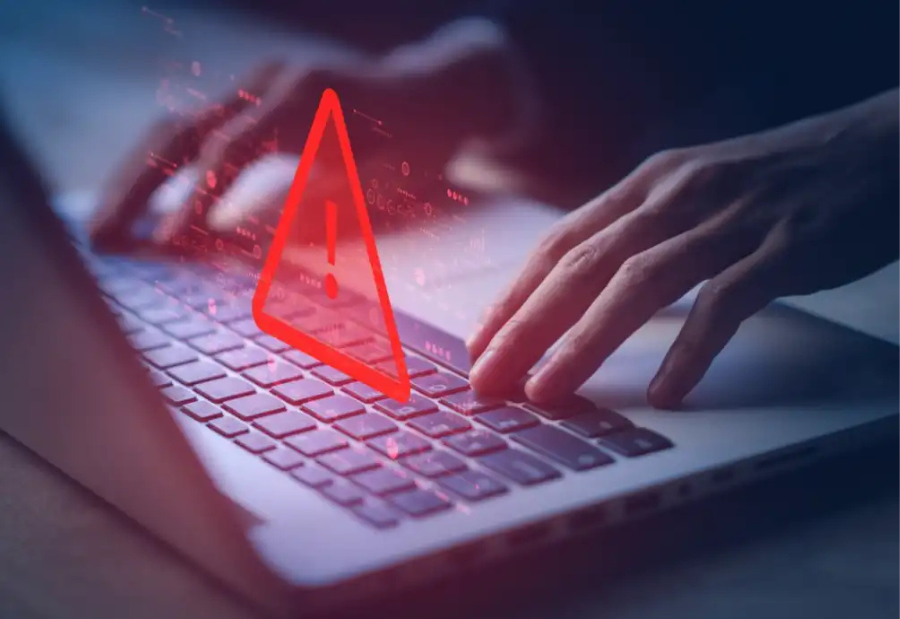Over the past several days, a series of fictitious bomb threats have targeted important public locations in Jaipur, such as courts, hotels, metro stations, and stadiums. These threats have put a burden on the city’s emergency response systems and brought to light serious difficulties in investigating cybercrimes.
According to officials, there has been a consistent disturbance. Several bomb threat emails were sent to the SMS Stadium ahead of planned Indian Premier League games in early May, marking the start of the wave of bogus threats. These emails, which frequently made reference to “Op Sindoor,” warned of impending explosives and caused the stadium to be evacuated many times. The court system in Jaipur was the object of later attacks.
Bomb threats were emailed to the metropolitan court in Bani Park and the family court on Tonk Road on Friday. The emails alerted people to impending explosions, which prompted widespread security searches and evacuations.
Threats against prominent hotels and Metro stations in the city followed the same pattern. Bomb threats were emailed to two upscale hotels on Saturday. Police believe that the offenders conceal their identity by using advanced technologies.
Virtual private networks (VPNs) and proxy servers, sometimes housed on servers outside of India, were used to send a large number of the emails. This made it very difficult to track down the source of these threats and required international collaboration, which is frequently a laborious and tedious procedure.
According to cybersecurity experts, criminals frequently construct phony email accounts using throwaway phones, internet dongles, or public wifi connections. The investigation procedure is further complicated when identity fraud is used to purchase SIM cards or use internet services under fictitious identities.
“The impact of these hoax threats cannot be overstated. Repeated evacuations and the constant presence of security forces can create an atmosphere of uncertainty. Moreover, the strain on emergency services and police agencies was significant, diverting resources from other critical areas,” said an official.
According to an official, investigating such emails is challenging as it necessitates comparing digital footprints across cases, utilizing timestamp analysis, geographical hints, and connecting metadata from phony emails. According to a different official, they must work with foreign email service providers and employ pattern recognition; however, the issue is that many of these suppliers do not assist law enforcement.
“We have long shared details of hoax mail senders with international companies, but they need to react on time,” said an officer.
Also read: Viksit Workforce for a Viksit Bharat
Do Follow: The Mainstream formerly known as CIO News LinkedIn Account | The Mainstream formerly known as CIO News Facebook | The Mainstream formerly known as CIO News Youtube | The Mainstream formerly known as CIO News Twitter |The Mainstream formerly known as CIO News Whatsapp Channel | The Mainstream formerly known as CIO News Instagram
About us:
The Mainstream formerly known as CIO News is a premier platform dedicated to delivering latest news, updates, and insights from the tech industry. With its strong foundation of intellectual property and thought leadership, the platform is well-positioned to stay ahead of the curve and lead conversations about how technology shapes our world. From its early days as CIO News to its rebranding as The Mainstream on November 28, 2024, it has been expanding its global reach, targeting key markets in the Middle East & Africa, ASEAN, the USA, and the UK. The Mainstream is a vision to put technology at the center of every conversation, inspiring professionals and organizations to embrace the future of tech.




